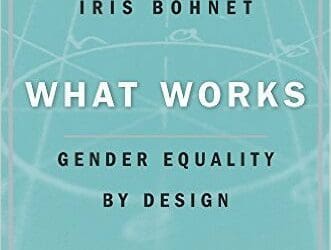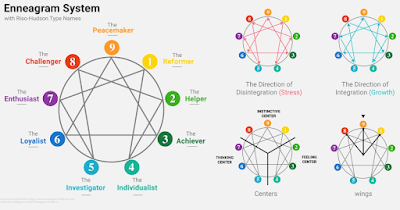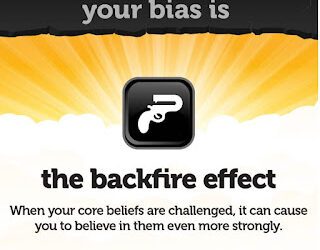Memory, the Gospels, and Darth Vader

The image on the right is a picture of a puzzle that my wife and I tried to put together about a year ago. We were about halfway done and decided to give up because it was taking too long and we wanted our kitchen table back. It was definitely the hardest puzzle I’ve personally ever worked on. If you look closely, the picture is composed entirely of smaller pictures of scenes from the Star Wars movies. Recently, I have been thinking about memory as it relates to the reliability of the gospels and it dawned on me that this puzzle is a good representation of how memory works.
When I teach apologetics, I often use fun psychological activities to show how unreliable our minds can be sometimes. One of my favorites is called the DRM procedure (named after the psychologists who developed it). In this procedure, I read a list of words and ask the people to write down as many words as they can remember when I’m done, but there’s a trick. All the words relate to a single word that is not on the list. For instance, the list I use has words like snore, blanket, nap, rest, and other similar words that all relate to sleep, but sleep is not on the list. Inevitably, about half the people will have sleep on their list of words they remember.
The point here is that our memory sometimes fails us, or even tricks us, but it’s still generally reliable. We often forget things and mess up details that happened, but we still get the main point. If you studied the tiny pictures in the Darth Vader puzzle and I tested you on them, you would get all kinds of details wrong. You may even say there were certain scenes from the movie in the puzzle that aren’t actually there. However, you would still be able to fairly accurately describe and identify the main image of Darth Vader. Even if you’re fuzzy on the details, you can still accurately recall what’s important.
How does this relate to the gospels? The gospels are eye-witness testimonies or at the very least, based on them (I’m not getting into issues of authorship at this point). How do we know the writers got it right, especially when we consider that there are alleged contradictions between the gospels? Some people try to reconcile these apparent contradictions, and whether or not they can do it successfully is beside the point. What matters is what Paul says in 1 Corinthians 15, if Christ has not been raised, our faith is in vain.
One of the alleged contradictions is the day of the week Jesus was crucified. Correctly remembering the exact day is an irrelevant detail. Assuming this is an irreconcilable detail, does this mean the writers memory also failed them when they say they saw the risen Jesus? Not at all. This illustrates the difference between forgetting details and remembering the main point. Days come and go regularly. They’re easy to forget and we often do forget what happens on any particular day. However, someone rising from the dead doesn’t happen very often so it’s a big deal. We’re likely to remember someone rising from the dead even if we forget some of the details surrounding it.
Conclusion
Interestingly, a 2005 study tested the memory of Danish WWII survivors, which was more than 60 years earlier. Their ability to recall historical facts was higher than expected by the research scientists. They were able to recall the weather, day of the week, and other details quite well. Still many got answers incorrect (more actually didn’t answer because they were unsure). Of particular interest, as it relates to the resurrection, is that even though people got some details wrong, nobody claimed they were invaded by America or that there was no invasion by Germany. The people remembered the main event and the major details surrounding it.
Likewise, when I was putting the Darth Vader puzzle together, I wasn’t even completely sure I found the right image. I couldn’t remember if it was the one above or the one to the left. I had to ask my wife to be sure. Does this make you question whether or not I failed to complete a mosaic Darth Vader puzzle? It shouldn’t. I knew it was a Darth Vader puzzle and not a different Star Wars character or a character from a completely different movie. It’s not like I confused this rare failure with someone more mundane, like failing to put the milk back in the fridge.
The point here is that there’s no way that the people who saw, or thought they saw, Jesus after His crucifixion, or even those who heard about it, believed in the resurrection because of an issue with memory. That’s such a major, life-changing event that it’s just not plausible that someone would remember a resurrection that they didn’t think actually happened. The best case comes from research on implanted or false memories, but those studies don’t come close to mimicking the relevant factors at the time of the resurrection and writing of the gospels (I’ll write more on this later and link it here when I do).
If the resurrection did not happen as recorded in the NT, it isn’t because of our limitations in memory. There has to be another explanation such as hallucination, lying, or something else (although I will argue later that those all fail as explanations too).
References
Berntsen, D., & Thomsen, D. K. (2005). Personal memories for remote historical events: accuracy and clarity of flashbulb memories related to World War II. Journal of Experimental Psychology: General, 134(2), 242.
Brewin, C. R., & Andrews, B. (2017). Creating memories for false autobiographical events in childhood: A systematic review. Applied Cognitive Psychology, 31(1), 2-23.
Loftus, E. F. (2005). Planting misinformation in the human mind: A 30-year investigation of the malleability of memory. Learning & memory, 12(4), 361-366.
The Psychology, Christianity, and Atheism blog gives a great rundown of memory studies cited by Bart Ehrman here.



